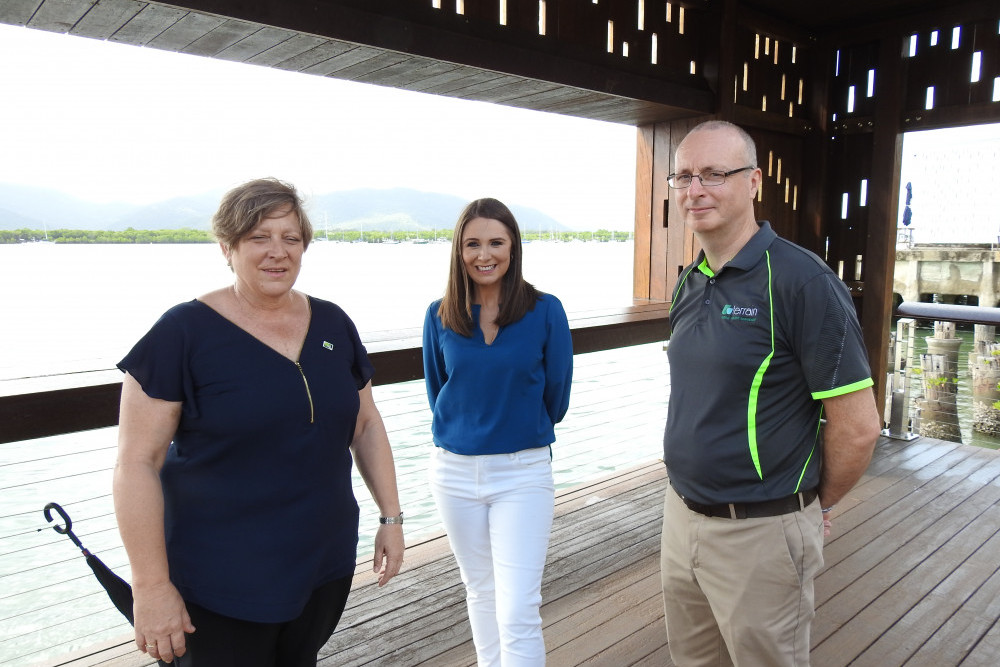General News
1 October, 2021
Funding for water quality program
CRITICAL funding has been extended allowing for a successful water quality monitoring program to continue for a further three years.

The three-way partnership involving government, farmers and Terrain Natural Resource Management will build upon the previous four-year program to decrease chemical runoff into our waterways eventually ending up on the Great Barrier Reef.
This week the Queensland Government announced an additional $3 million to fund the program tackling water pollution and assisting farmers to modify farming practices to make their operations more profitable and sustainable.
Terrain NRM will continue their program of testing and monitoring water quality across 25 locations in the Tully and Johnstone River catchments.
This information is then provided to local cane and banana farmers allowing them to reduce the loss of farm products like valuable fertilisers to local waters, which often end up in the reef.
In Cairns to make the announcement, Environment Minister Meaghan Scanlon said it was just one way government and industry were working together to address water pollution while also improving farming practices.
“For the past four years we’ve partnered with Terrain NRM to rollout the Wet Tropics Major Integrated Project, and work with farmers on the ground to improve their practices.
“It’s been a huge success already with 80 per cent of local farmers already having taken part in the project - and this injection of funding adds to that program.
Chief Executive Officer Stewart Christie said: “This continued investment for fine scale water quality monitoring in the Tully and Johnstone catchments is fantastic news for accelerating progress towards our Reef targets. We know from our work on the Wet Tropics Major Integrated Project (MIP) over the past four years that providing locally relevant and relatable science data that helps farmers make paddock management decisions is essential for creating change.
“The MIP has been a gamechanger in terms of engaging farmers in shaping the design and implementation of the project. They asked for robust fine scale data they could trust, we delivered it and now it is showing results in terms of farm practice change.”


